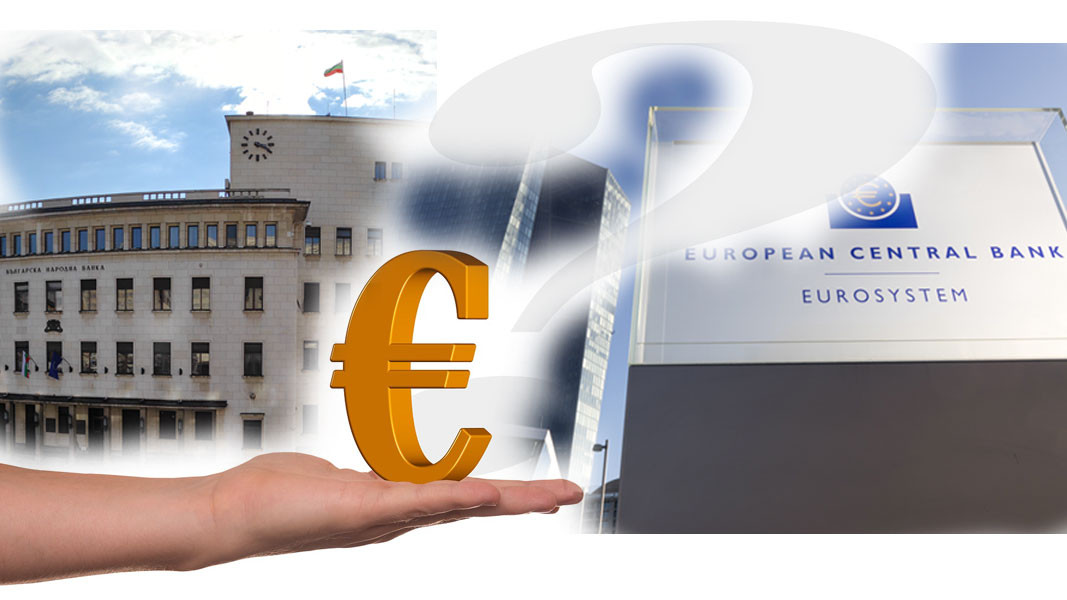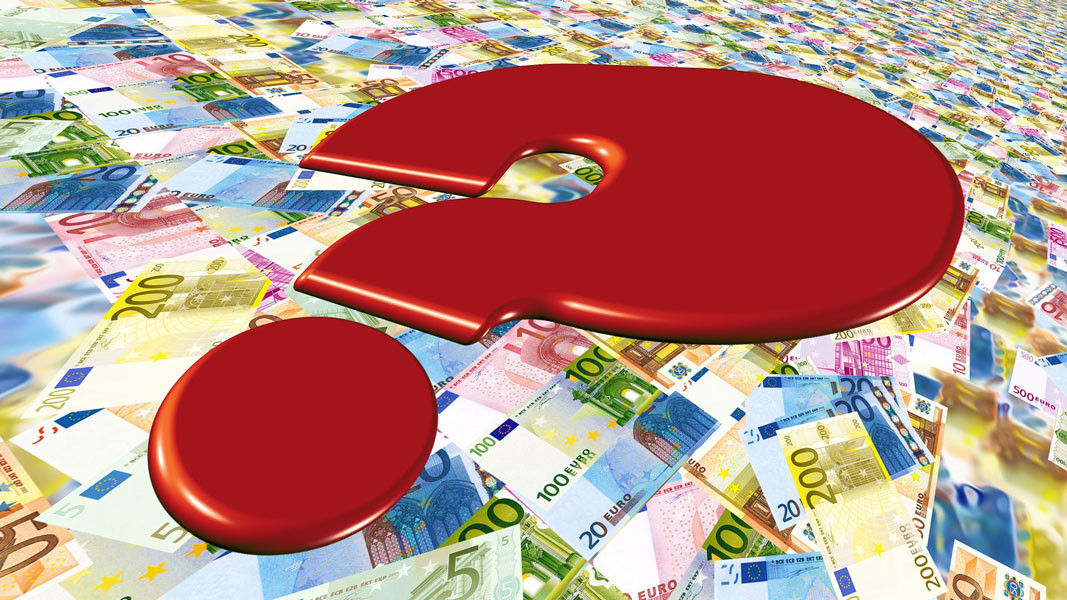Bulgaria’s entry into the Eurozone has, in recent weeks, entered the public domain, and vigorously. In the statements they have been making, government officials, businessmen and experts have even been making mention of the date for the country’s entry – 1 January, 2024.
By signing its EU membership agreement, each member country states it agrees to the adoption of the single European currency. However, there is no deadline for substituting the national currency for the euro. How feasible is the replacement of the Lev with the Euro in 2024, in view of the geopolitical perturbations connected with the war in Ukraine and the accompanying inflation which has been growing more and more appreciable in this country? A question that is difficult to answer. According to the recent European Commission convergence report, Bulgaria cannot join the Eurozone as yet. The Bulgarian National Bank laws are incompatible with the Eurozone legislation, while, at 14.4% y-o-y, inflation in this country is excessive. The requirements are that inflation should not exceed 1.5% of the average for the countries with the best indicators.

“The conditions for joining the Eurozone are connected with stringent parameters regarding the budget deficit, public debt, inflation and the exchange rate, as well as the long-term interest rate,” explains Sofia Georgieva, senior editor at the Balkans department of the Bulgarian news agency BTA, in an interview with the BNR’s Hristo Botev channel.
According to experts, the deficit must not exceed 3% of the GDP.
“Even if you do enter the Eurozone, the inflation and danger of a recession will mean risks. On the other hand, there is hesitancy because people are skeptical of the euro, and this skepticism has been growing over time. So it is up to politicians to convince the public that this is the road that must be taken,” economist Daniela Bobeva comments for the BNR, and adds:
“If we continue spending more than we can afford, then we can hardly expect to attain the budget deficit, the inflation criteria. If we plan enormous spendings in the state budget update, then reaching the criteria would be a difficult thing. The European Central Bank says we are going to have a problem with the inflation criterion. That is why a thorough analysis has to be made to see what kind of policy needs to be pursued.”

Macroeconomist Grigor Sariiski is, as is his wont, critical of the replacement of the Bulgarian Lev with the euro. In a recent televised interview, he once again stated that the country is not yet ready to take such a step:
“The government wants us to enter the Eurozone so as to relinquish responsibility for the fiscal policy. After we joined the EU, every preamble of every new law has begun with the words that we need to harmonize our legislation with European legislation. By entering the Eurozone we shall be doing the very same thing with our monetary policy.”
The macroeconomist explains that until a few years ago, there was no stabilization mechanism in the Eurozone to “atone for the sins” of a foreign country. Now such a mechanism does exist and every member country has to take part in it.
At the same time financier Victor Yotzov, who is an advocate for Bulgaria’s entry into the Eurozone says he is puzzled as to why this country needed 13 whole years to be admitted to the so-called “waiting room”.

“There do not exist any criteria we should accomplish so as to enter the ERM mechanism. That is why I believe the decision was very much influenced by the political element. Be that as it may, during these past 25 years Bulgaria has relinquished any active monetary policy and has been following the European Central Bank. All liabilities of not having our own monetary policy have already been consumed these past 25 years. At the same time, we have not been consuming the advantages of being in a monetary union, such as reducing transaction costs, lower interest rates etc.”
Compiled by Yoan Kolev
In its “Questions and Answers” section on the introduction of the euro, the Bulgarian National Bank has published a clarification on how the single currency should be denoted and written in accordance with EU regulations. The name of the..
The government approved the draft Law on the 2026 State Budget, as well as the Updated Medium-Term Budget Forecast for the 2026–2028 period. In connection with the introduction of the euro on January 1, 2026, all figures have been prepared in..
Citizens should remain calm about the introduction of the euro in Bulgaria from January 1, 2026, as the Bulgarian National Bank and commercial banks are ready for all processes related to the currency conversion and distribution of euro banknotes. This..

+359 2 9336 661
